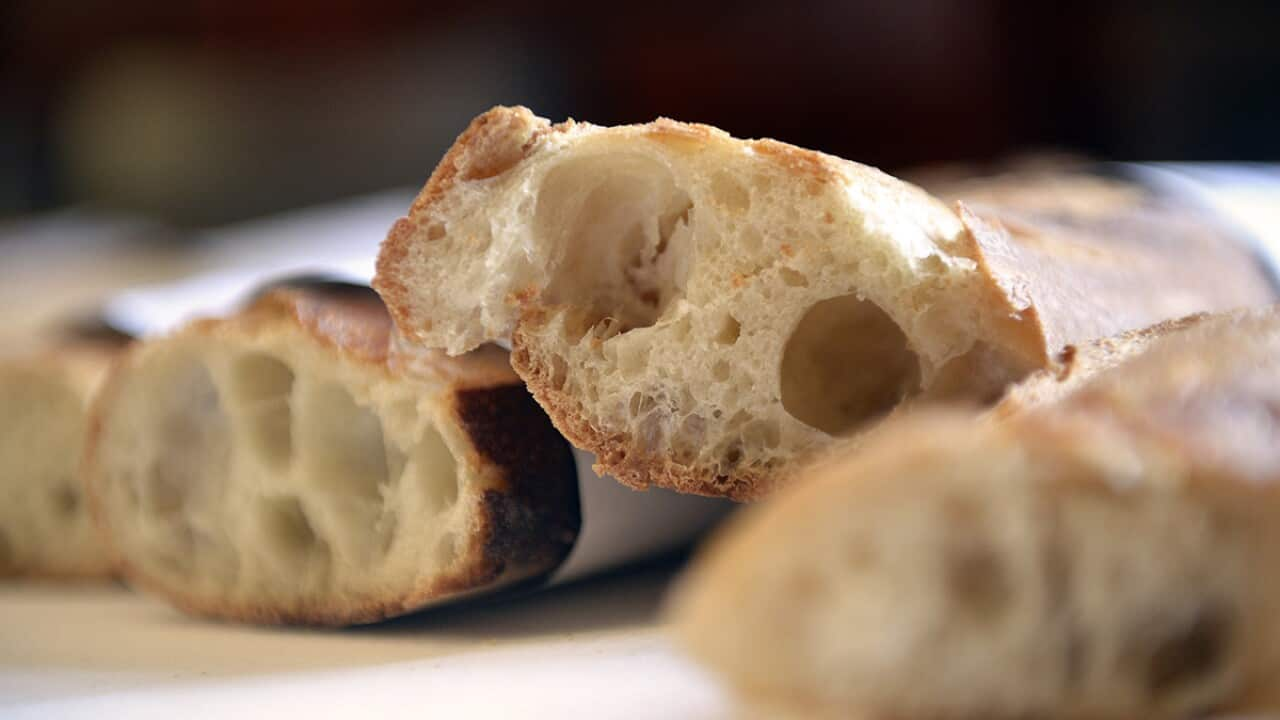There’s a commonly held belief that gluten-free food was popularised by trend hopping hipsters; folks - probably millennials - without diagnosed medical conditions, who just liked the idea of being distinctive. We don’t like these people. We don’t like their pretentions. We think that they think that they’re better than us, and we don’t like it.
It’s not just the gluten-free crowd upon whom we cast aspersions. Vegans are smug people who don’t get enough B12. Paleos are sexist and unscientific. Health food is unsustainable and classist. Halal and Kosher adherents are just trying to push their religion on us. The clean food movement encourages eating disorders and must everyone be a special snowflake?
Confession: I have, at various times, gone gluten, dairy and cane sugar free, paleo and vegetarian. With the exception of my brief vegetarian stint (a teenager’s response to a documentary on the meat industry), these diets were all health experiments, and, to some degree, they all worked.
In over two decades of painful (sometimes embarrassing) digestive stress, no doctor ever suggested that malabsorption of particular sugars might be the culprit, leaving me to guess at the cause of my woes until the appropriate tests became publically available online. My results were off the chart and I’m now on a diet developed at Monash University which restricts sugars known to irritate the gut (FODMAPs). The positive change was almost instantaneous.
"When your body is rebelling against you... anything that helps is invaluable"
Looking back, going dairy, cane sugar and gluten free helped me because many associated foods are high in FODMAPS. The paleo diet cuts out legumes, also high in FODMAPS. Were these perfect diets for me? No. But they definitely helped, and when your body is rebelling against you - and your health professionals can’t be arsed investigating - anything that helps is invaluable.
Hence I’d like to extend an official thanks to any hipsters who may have contributed to making paleo, gluten, sugar and lactose free foods readily available all over Melbourne’s cafes and supermarkets.
Though, come to think of it, as I’ve managed to live in Melbourne’s inner-north (hipster capitol of Australia) for half my life without being bombarded by such people, I suspect they are not as ubiquitous as assumed. In fact, having experienced any number of poor attitudes toward my own dietary habits, I strongly suspect they are merely the strawmen by which many an outspoken objection to “special” diets is justified, because if anything is more trendy than a vegan ordering smashed avocado on gluten-free toast with a soy latte, it’s concern-trolling them into eating like the rest of us.
"If anything is more trendy than a vegan ordering smashed avocado on gluten-free toast with a soy latte, it’s concern-trolling them into eating like the rest of us"
Take this article claiming gluten-free diets lead to higher consumption of processed foods – never mind the six supermarket isles devoted to wheat-based crackers, cakes, biscuits and noodles. Claims that veganism is nutritionally inadequate are also common, but easily refuted by the Dietician’s Association of Australia. Keeping things balanced might take planning, but in this respect, vegans don’t much differ from everyone else.
We also delight in picking apart the “science” behind unusual eating habits; real Paleolithic peoples didn’t have supermarkets; you can’t quit sugar because your cells need it; and if you’re not a bona fide coeliac, how dare you avoid wheat? But too often the “scientific” critique involves a wilful misunderstanding of either the food philosophy or the science, ignoring that precise historical recreation was never a goal for most paleos, the (perhaps misnamed) “I Quit Sugar” diet doesn’t actually advocate the elimination of all saccharides, and multiple studies suggest wheat can cause inflammation in non-coeliacs.
But what’s the science behind the “normal” eating habits everyone seems so keen to uphold? According to the Australian Health Survey, we are the world’s largest consumers of meat. Dairy consumption is high. 92% of adults aren’t meeting their recommended veggie intake and 51% don’t get enough fruit. About a third of our calories come from low nutrition discretionary items such as cake, soft drink, confectionary and alcohol.
It’s not exactly representative of the food pyramid. It is however reflective of Australia’s agricultural interests, the top three being cattle, wheat and dairy, with barley and sugar cane making the top ten. Our national diet of meat, bread, milk, beer and lollies may be the result of industry rather than good dietary guidelines.
"Our national diet may be the result of industry rather than good dietary guidelines"
But what does the science recommend? One study comparing health benefits of popular contemporary diets found that none stood out as superior, its lead author recommending instead a “diet of minimally processed foods close to nature, predominantly plants”. However, in our current climate of criticism, even this frankly obvious advice has been torn to shreds as elitist due to the expense of eating fresh.
So, here’s a thought: how about we all lay off? If no diet is perfect, and we are lucky enough to live in a society where food choices are abundant and relatively affordable - where people like myself with health problems have the freedom to experiment - let’s just eat and let eat. Food is, after all, one of the basic pleasures of living. Let’s just give everyone permission to enjoy it however they choose to do so.
MORE FROM NAOMI CHAINEY

OPINION: People with disabilities have the same right to be parents as everyone else
Through award winning storytelling, The Feed continues to break new ground with its compelling mix of current affairs, comedy, profiles and investigations. See Different. Know Better. Laugh Harder. Read more about The Feed
Have a story or comment? Contact Us





